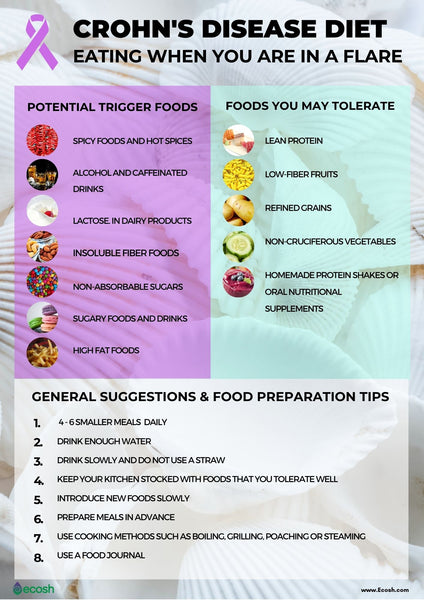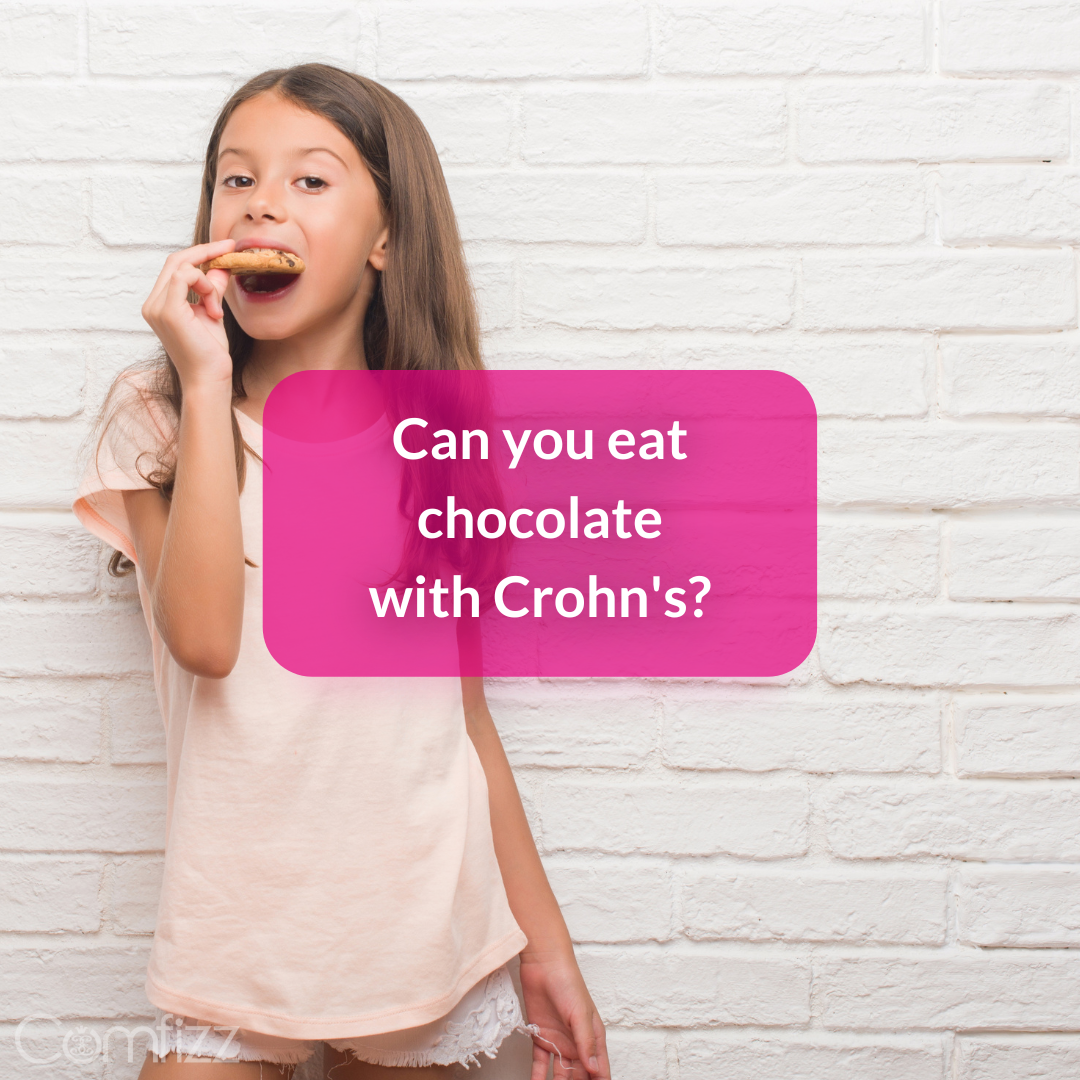7th July is World Chocolate Day.
To start off this post, I thought I'd share 5 facts about chocolate with you, courtesy of LiveScience.com:
- Chocolate comes from the fruit of the Theobroma cacao, a tropical tree. The name means "food of the gods" in Greek.
- Around the world, people collaboratively consume more than 3 million tons of cocoa beans per year.
- Studies have shown that chocolate (in moderation, of course) can be good for heart health.
- Some studies have shown that chocolate can improve brain function.
- In Bristol, England, in 1847, the chocolate company 'Fry's' developed the first mass-produced chocolate bar.
Chocolate & Crohn's Disease

If there's one thing I've learnt from having Crohn's since a child (amongst many other things), it's that there is no concrete rule when it comes to what foods to avoid. People tolerate foods differently and what affects some people may not affect others. There is general guidance as to what foods to avoid with Crohn's disease but the extents of food's effects can vary in different individuals.
I know from speaking to people who are flaring with Crohn's that chocolate can be a trigger food, especially in large quantities, but some people can eat it with no issue and others can eat it but in small amounts. That being said, if it's clear to you that chocolate doesn't agree with you then it's best to steer clear of it!
When making dietary changes, it's also a good idea to discuss it with a medical professional. I also had a dietitian to speak to for several years.
How may chocolate irritate Crohn's?

For many people with Crohn's, chocolate can irritate the the lining of their bowels. If in doubt, I'd say it's best to avoid it in my experience, especially if you aren't in remission (flaring).
Chocolate usually contains caffeine as it's contained in cocoa beans. Foods rich in caffeine can often cause Crohn's to become aggravated. Compared to a standard cup of coffee, the caffeine amounts aren't as much, but even small amounts of caffeine can be big triggers. White chocolate generally doesn't contain caffeine but can be high in milk content & fat.
Also in chocolate are dairy & fats. Again, dairy & fat-rich foods can be known to irritate the bowel. The bowel can struggle to digest lactose, which is in chocolate.
Chocolate & Crohn's - my experience
I have never been a big chocolate fan or been able to tolerate it well before my bowel surgery in 2011 to give me my permanent stoma.
Because of foods I've had to avoid, I generally have more of a savoury tooth over sweet and if I do prefer something sweet, it's usually a drink with a sugar in such as a cup of tea or a handful of jelly sweets. I am partial to a bit of white chocolate & find I can eat it now without it irritating my stomach or getting pain. I find it too sickly personally to have milk chocolate & it makes me feel sick so I rarely eat it.
Chocolate used to trigger my stomach pain almost instantly & land me on the toilet with diarrhea, so I've never been used to it being a part of my diet.
What to avoid with Crohn's
As I said at the beginning of this post, there is no "one size fits all" when it comes to Crohn's Disease, especially where food is concerned.
However, a lot of general guidance can be found online (be careful to trust the source) & your consultant or medical team can also steer you in the right direction. For a lot of people with Crohn's, seeing a dietitian can be very beneficial.
ECosh have the following image to sum up eating with Crohn's, specifically when you are flaring (when inflammation is active & symptoms are present).

Remember to always consult a medical professional before taking on dietary changes.
Food since my ileostomy surgery
From about 3-4 months post surgery, I thankfully developed an appetite for the first time I can remember in my life and managed to tolerate increasingly different foods.
Early days and months post-surgery, I really struggled to get an appetite, actually tolerate much food because my stomach had been so small for years & often felt nauseous. I would get bouts of intense hunger and appetite and unfortunately learnt the hard way 2-3 weeks post surgery where I over indulged on a mix of very rich & fibrous foods (horrendous idea!)

When trying new foods with my stoma, I always do so in small quantities, chew as much as possible & ensure I am hydrated & increase fluid intake if I feel my bowels slow down.
I have a narrow stoma so probably avoid more food out of being cautious and a preventative measure. Compared to before surgery though, I can actually eat and enjoy food, so even though I avoid certain foods, I feel I can eat so many compared to before.
Again, food is different for different people who have had stoma surgery. Some things can affect me without known reason & foods I'm normally okay with can sometimes contribute to an upset stomach if I'm not well.
I generally avoid:
- Leafy veg
- Raw & uncooked veg
- Fruits with seeds or skin. I'm normally okay with strawberries, raspberries & banana & can tolerate tinned oranges etc okay, but not orange as a fruit itself with the pith.
- Large amounts of whole grain
- Nuts, beans & pulses
- Larger amounts of potato or boiled potatoes/thick cut chips/skin-on fries. However, I am usually okay with sweet potato if I chew it well & leave the skin. I find mash potato really slows my output down & thickens it up.

I find foods such as garlic, fish, eggs & cheese increase wind & ostomy odour when I empty too. Fizzy drinks I also drink in small amounts or with food as they increase wind. I stir a fork rapidly around fizzy drinks where I can as this gets rid of some of the fizz. I also find that coffee has a laxative effect and that my output is more liquid when I drink it. I drink coffee every day and tolerate it well. I tend to reduce my intake on days where my output is more excessive and I also find that peppermint tea helps wind.
Again, it's best to consult a medical professional such as a stoma nurse when making dietary changes with a stoma. I find most foods barring the above in moderation pose no issues when chewed properly.
Until next time,





Hinterlassen Sie einen Kommentar